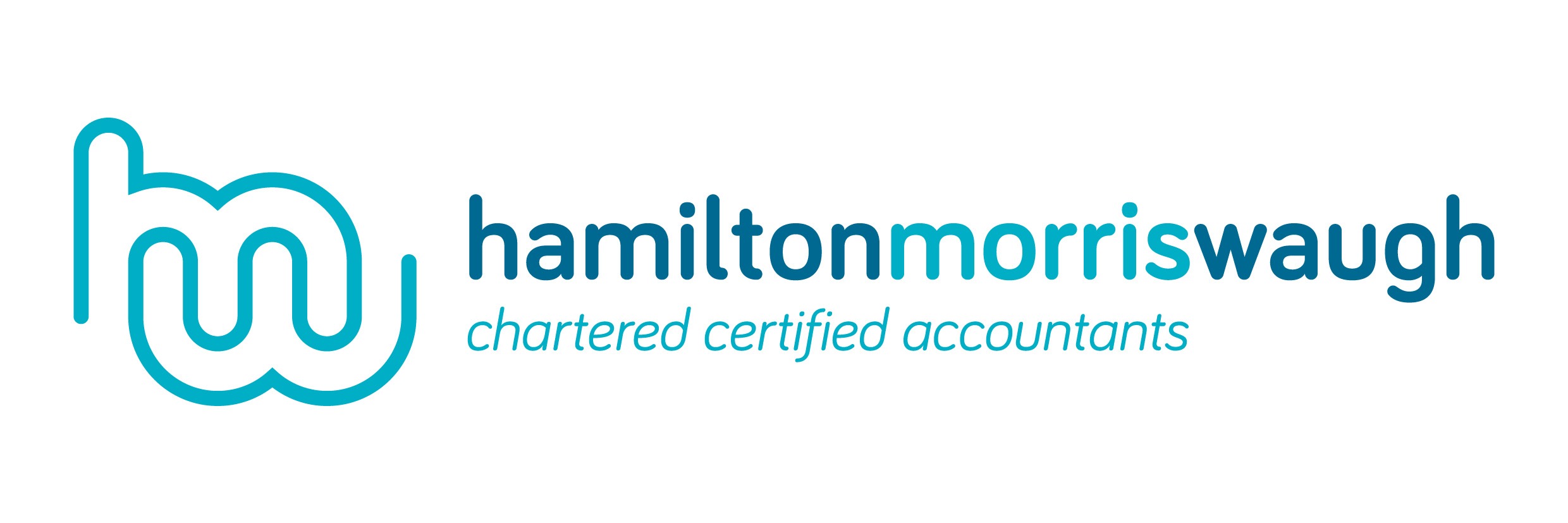If you dispose of an asset, you may need to pay capital gains tax (CGT).
Capital gains tax is a tax on the profit when you sell, give away, swap or get compensation for a chargeable asset. In this guide, we’ll explain when you need to pay CGT, how to calculate your tax liability and the different tax reliefs you can use to cut down your bill. Let’s get started.
When do I need to pay capital gains tax?
If you’re an individual, a sole trader or part of a business partnership, CGT is payable on a range of chargeable assets, including:
- property that is not your main residence (such as a buy-to-let)
- most shares and investments
business assets
Examples of business assets include land and buildings, registered trademarks and even your business’s reputation. However, if you dispose of a limited company asset, you’ll need to pay corporation tax on the gain instead.
If you jointly own an asset with someone else and dispose of it, you’ll need to pay tax on your share of the gain.
What’s exempt from capital gains tax?
You usually won’t need to pay CGT when selling your car or your main residence. Other exemptions include:
- gifts to your spouse or civil partner
- gifts to charity
- gains from ISAs
- winnings from betting or the lottery
- UK government gilts or premium bonds
If you gift an asset to your spouse and they later sell it, however, they may have to pay tax on the difference. As a result, they should always keep a record of the asset’s value when you first owned it.
How do I work out my capital gains tax liability?
You’ll pay a different rate of CGT depending on your income tax bracket, the asset you’re disposing of and the size of your annual gains.
Higher and additional rate taxpayers must pay:
- 28% on gains from residential properties (excluding primary residence)
- 20% on gains from other chargeable assets.
If you pay basic rate income tax, you’ll need to do the following to work out your CGT liability:
- work out your taxable income (your annual earnings minus any income tax reliefs)
- work out your total taxable gains
- subtract your tax-free allowance from your total taxable gains and add this amount to your taxable income
If your total still lies within the basic income tax band, you’ll pay 18% on residential property and 10% on other gains. However, you’ll need to pay the same rates as higher-rate taxpayers for any amount exceeding the £50,270 threshold.
Your gain is usually the difference between what you first paid for the asset and what you sold it for. In some circumstances, you’ll need to use the market value instead.
You must report and pay any Capital Gains Tax due on UK residential property within:
- 60 days of selling the property if the completion date was on or after 27 October 2021
- 30 days of selling the property if the completion date was between 6 April 2020 and 26 October 2021.
Tax relief for capital gains tax
You may be able to reduce or delay how much you have to pay in CGT by claiming tax reliefs and making the most of your annual tax-free allowance.
For the 2022/23 tax year, taxpayers only need to pay CGT on their total gains above £12,000. However, this threshold shrank to £6,000 in 2023/24 and will halve once again to £3,000 in 2024/25.
If you sell all or part of your business, claiming business asset disposal relief means you’ll only pay 10% CGT on the qualifying profits. You may also be able to delay paying CGT on business assets when you incorporate your business.
A list of all the CGT reliefs can be found on the HMRC website.
Get in touch with our team today to discuss how we can help you cut down your CGT bill.


